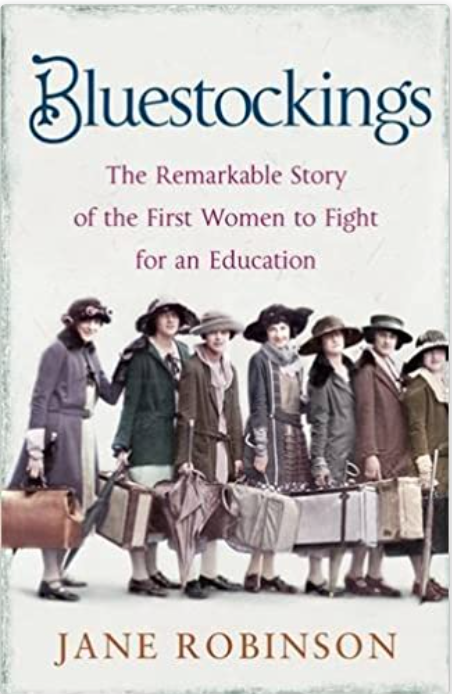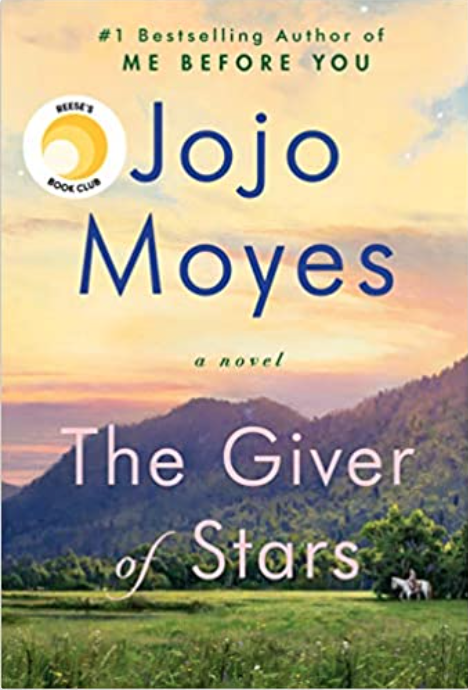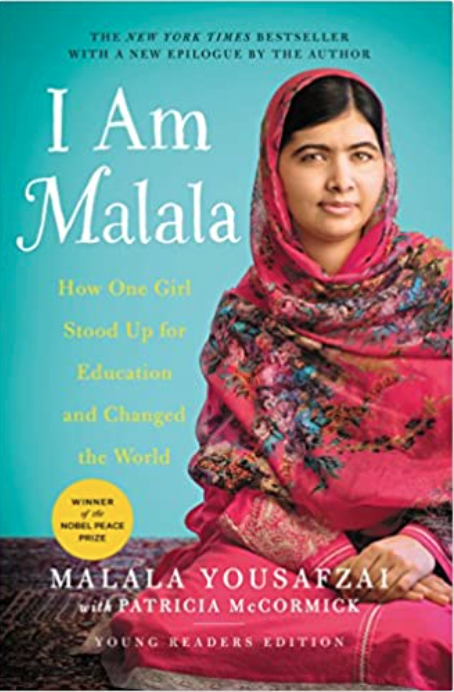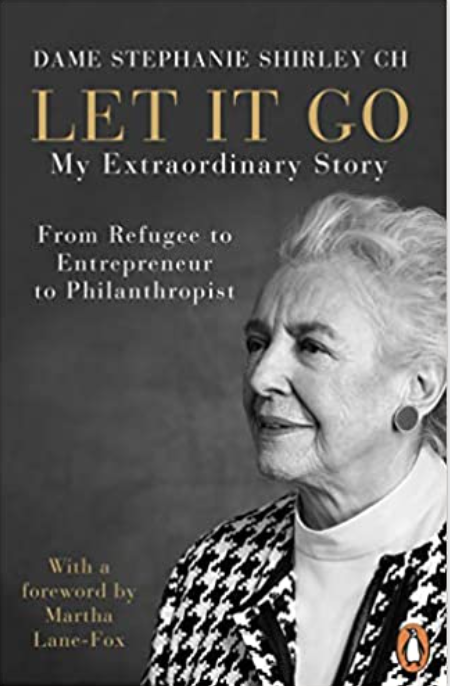by Hollie Nielsen, AWC of Central Scotland
 This month, the Ed Team is focusing on Equal Access, SDG Targets 4.2, 4.3 & 4.5. In conjunction with this, I read Bluestockings by Jane Robinson. The book describes, in meticulous detail, the remarkable story of the first women in the UK to fight for a university education. It starts in 1694–97 with a proposal for a type of university education for women, continues through the heyday of the original Bluestockings who gathered to discuss philosophy, literature and art in the 1750s–1770s, carries on with the founding of Queen’s College in London in 1848 to educate young ladies, and finishes roughly when Cambridge University finally awarded degrees to women in 1948. The book has some lighter moments describing the chaperoning of the women, which continued into the 1920s, and all the non-academic activities of the women. The author writes of the keen friendships that were one of the best parts of universtiy life for the pioneers of women’s higher education. If you want a very well-researched book about opening up British universities to women, this is the book for you. I have to admit, though, that I skimmed large portions of the book.
This month, the Ed Team is focusing on Equal Access, SDG Targets 4.2, 4.3 & 4.5. In conjunction with this, I read Bluestockings by Jane Robinson. The book describes, in meticulous detail, the remarkable story of the first women in the UK to fight for a university education. It starts in 1694–97 with a proposal for a type of university education for women, continues through the heyday of the original Bluestockings who gathered to discuss philosophy, literature and art in the 1750s–1770s, carries on with the founding of Queen’s College in London in 1848 to educate young ladies, and finishes roughly when Cambridge University finally awarded degrees to women in 1948. The book has some lighter moments describing the chaperoning of the women, which continued into the 1920s, and all the non-academic activities of the women. The author writes of the keen friendships that were one of the best parts of universtiy life for the pioneers of women’s higher education. If you want a very well-researched book about opening up British universities to women, this is the book for you. I have to admit, though, that I skimmed large portions of the book.
 Follow up to The Book Woman of Troublesome Creek by Kim Michele Richardson:
Follow up to The Book Woman of Troublesome Creek by Kim Michele Richardson:
NOVEMBER READS
 As the Ed Team continues its emphasis on Equal Access and STEM careers, we will be reading and
As the Ed Team continues its emphasis on Equal Access and STEM careers, we will be reading and  reviewing I Am Malala by Malala Yousafzai, about how she stood up for education and was shot by the Taliban, and Let It Go by Dame Stephanie Shirley CH, about her fascinating journey from refugee to entrepreneur to philanthropist. Dame Shirley set up a software programming company in the 1960s, employing almost exclusively women working from home at a time when this was unheard of, and expected to fail spectacularly. Her most recent ‟job” has been giving away her money.
reviewing I Am Malala by Malala Yousafzai, about how she stood up for education and was shot by the Taliban, and Let It Go by Dame Stephanie Shirley CH, about her fascinating journey from refugee to entrepreneur to philanthropist. Dame Shirley set up a software programming company in the 1960s, employing almost exclusively women working from home at a time when this was unheard of, and expected to fail spectacularly. Her most recent ‟job” has been giving away her money. 

